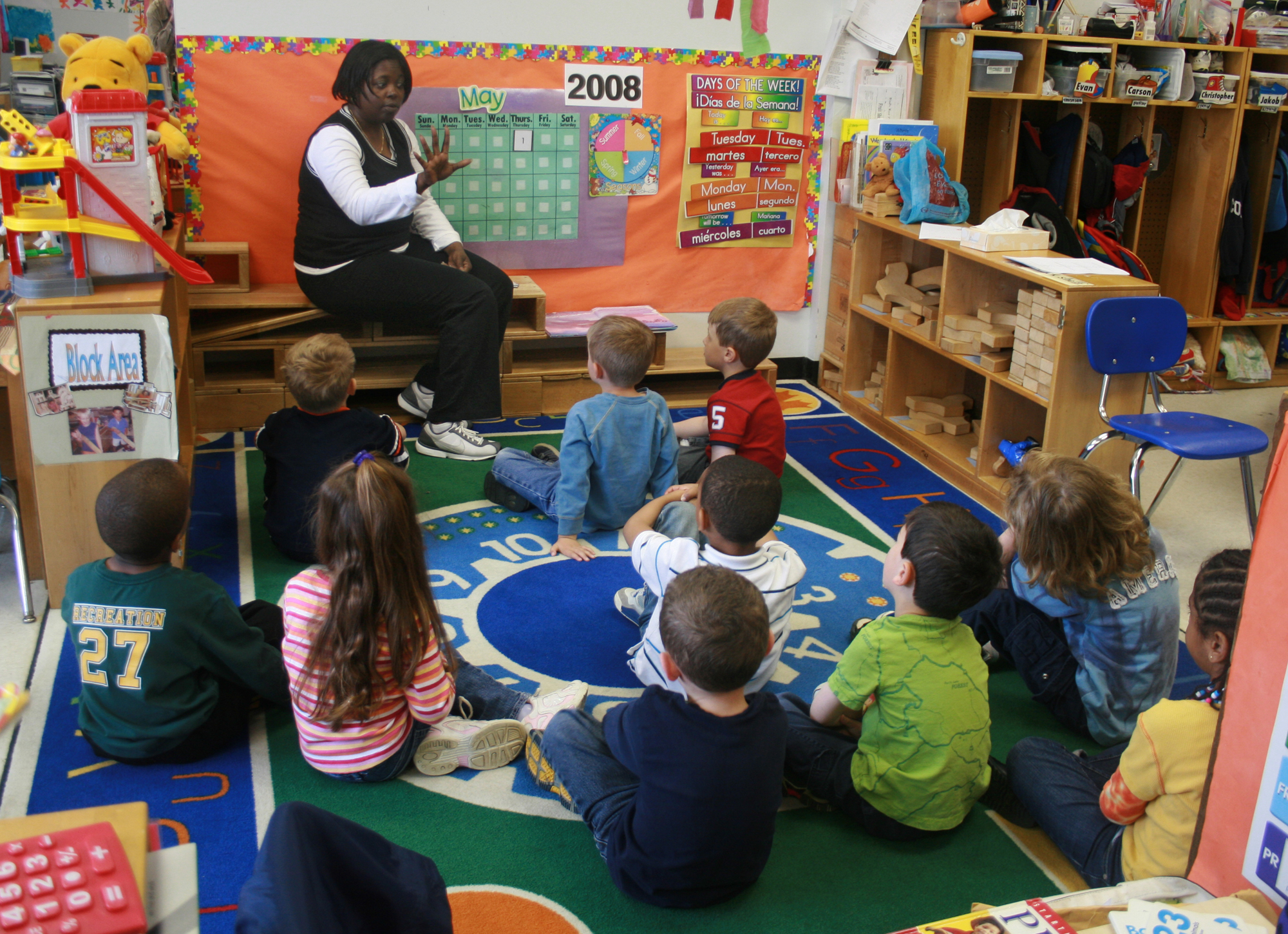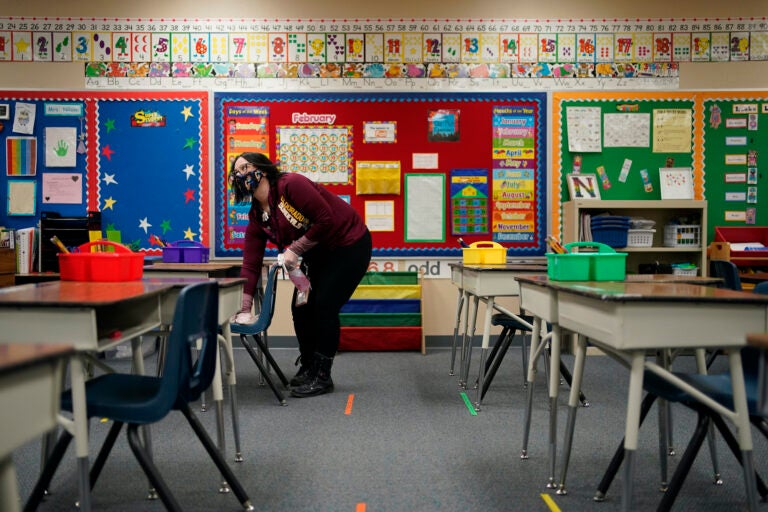Sign Up With Us: Events and Campaigns to Save Temecula Schools
Sign Up With Us: Events and Campaigns to Save Temecula Schools
Blog Article
Comprehending the Importance of Institutions in Child Growth and Area Development
Schools work as crucial institutions for youngster advancement and neighborhood growth, providing atmospheres where scholastic achievements are matched by the farming of social skills and exposure to varied viewpoints. These educational setups not only promote important reasoning and efficient interaction yet also foster empathy through collective projects. Schools' interaction with regional neighborhoods through service-learning initiatives strengthens the bond between households and academic institutions. This cooperative partnership emphasizes the relevance of schools in nurturing energetic citizenship and long-lasting knowing practices. What are the particular mechanisms by which these institutions accomplish such extensive effects?
Academic Accomplishment
Academic accomplishment offers as a keystone of kid growth, offering the structure upon which future learning and success are constructed. Schools play a crucial function in cultivating this scholastic growth, offering organized atmospheres where youngsters can acquire vital understanding and cognitive abilities. Standardized educational program ensure that students gain efficiency in core subjects such as mathematics, science, and language arts, which are critical for both college and professional possibilities.
Along with passing on fundamental academic abilities, institutions also cultivate essential thinking, problem-solving capabilities, and intellectual inquisitiveness. These cognitive competencies are essential for browsing complicated real-world situations and adjusting to the ever-evolving demands of the modern workplace. Educators, as facilitators of discovering, use varied instructional strategies to satisfy different learning styles, thereby making the most of private student possibility.
Furthermore, academic success is carefully linked to self-worth and inspiration. Youngsters who experience scholastic success are more probable to create a positive self-concept and a long-lasting interest for understanding. Schools likewise offer different sources, such as collections and modern technology, which additionally boost the academic experience and prepare pupils for a highly advanced culture.
Social Skill Growth
Beyond scholastic success, the duty of schools in social ability growth is indispensable. Schools function as a main place for children to find out and practice essential social abilities such as teamwork, problem, and communication resolution. In the organized atmosphere of a class, trainees connect with peers, teachers, and other college staff, using various chances to establish these essential abilities.
Effective social skill advancement in colleges is promoted through team activities, collaborative projects, and extracurricular programs. These communications aid students comprehend social standards, develop compassion, and cultivate a sense of neighborhood. Team projects educate trainees how to work together towards a typical goal, pay attention to various point of views, and browse disagreements constructively.

The farming of social skills during academic year lays a structure for future individual and specialist relationships. Save Temecula Schools. As pupils grow, the ability to properly communicate and team up ends up being significantly important, highlighting the institution's important function in alternative kid development
Direct Exposure to Diversity
Direct exposure to diversity in colleges is essential to cultivating a comprehensive way of thinking and broadening trainees' perspectives. Schools work as a microcosm of the wider culture, and encountering diverse cultures, languages, and socioeconomic histories within this atmosphere gears up trainees with necessary skills for navigating an increasingly globalized world. This direct exposure encourages compassion, decreases prejudices, and promotes common respect among peers.
Study indicates that trainees that connect with peers from varied backgrounds display much better analytical skills and imagination. This understanding of variety prepares trainees for future work environments that value modern skills - Save Temecula Schools.

Area Engagement
The benefits of diverse classrooms expand past the institution walls, cultivating a solid feeling of community interaction amongst pupils. By engaging with peers from numerous cultural, socioeconomic, and ethnic histories, pupils get a more comprehensive viewpoint and a recognition for diversity. This direct exposure motivates them to end up being energetic residents that agree to contribute favorably to their areas.
Schools that emphasize community engagement usually incorporate service-learning projects, which permit students to deal with real-world problems while applying academic abilities. These jobs not just boost students' understanding of their coursework but also infuse look at here now a feeling of duty and empathy. Partnerships in between colleges and local organizations provide pupils with opportunities to participate in area occasions, additionally solidifying their function as aggressive area participants - Save Temecula Schools.
Additionally, adult and area participation in colleges enhances the bond between academic organizations and the neighborhoods they offer. Via these efforts, colleges play a crucial role in supporting community engagement and fostering societal development.
Lifelong Knowing Habits
Developing lifelong knowing behaviors is crucial for a youngster's continuous development and adaptability in an ever-changing world. Institutions play an essential role in instilling these routines by creating a setting that cultivates interest, crucial thinking, and a love for understanding. With extracurricular tasks and diverse curricula, educators motivate pupils to explore numerous topics, examine details seriously, and apply their learning to real-world scenarios.

Furthermore, schools give an organized setting where youngsters can establish self-discipline and time management skills, both of which are vital for continuous understanding. By highlighting the relevance of establishing objectives, reviewing development, and adjusting techniques, universities prepare students to browse the intricacies of adult life, guaranteeing they stay lifelong learners and contributors to society.
Conclusion
To conclude, schools are important in go to my site fostering kid development and area development by offering settings conducive to scholastic success, social skill advancement, and exposure to diversity. With collective jobs and interactions, schools improve vital reasoning, empathy, and communication skills. Community engagement initiatives even more enhance the bond in between universities and regional areas. Inevitably, institutions grow lifelong knowing routines, equipping people with the essential knowledge and skills to contribute favorably to society.
In the structured setting of a classroom, trainees communicate with peers, instructors, and various other college staff, providing many possibilities to establish these vital capacities.
In significance, direct exposure to variety within colleges not only enhances individual students but likewise enhances the social fabric of the neighborhood as a whole.
The advantages of varied classrooms prolong past the institution walls, cultivating a solid sense of neighborhood engagement among trainees.Institutions that highlight community involvement typically integrate service-learning tasks, which enable students to attend to real-world troubles while using scholastic abilities. Partnerships in between institutions and neighborhood organizations provide pupils with opportunities to get involved in area occasions, even more solidifying their duty as positive community members.
Report this page